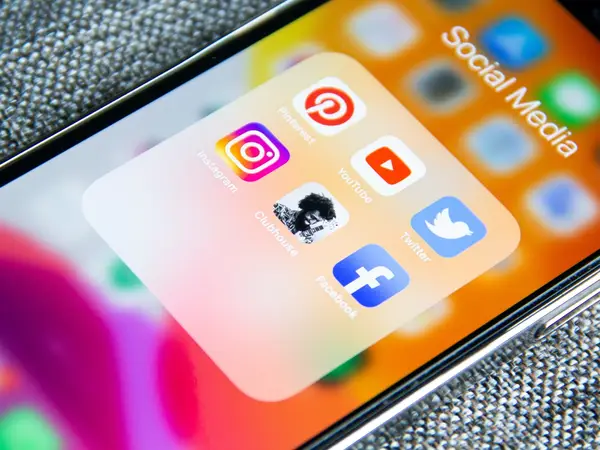Prolonged nuclear negotiations and its ebbs and flows have eroded Iranian social media users' sensitivity to the news about the talks, a new study has claimed.
According to Shargh daily in Tehran, a data analysis by Mohamad Rahbari indicates that numerous reports about the success or failure of negotiations have pushed social media users back and forth between hope and despair in the past 18 months. The report suggests that in recent weeks, despite more optimism surrounding the revival of the JCPOA, Iranian social media users have become less sensitive to news about the talks.
But the report does not cite figures from the past about the degree of interest in JCPOA to substantiate its claim of declining interest.
Iranian Twitter users posted some 22,000 tweets about the JCPOA from August 6-13. The data collected by Rahbari suggests that there was a rise in attention to the issue until Tuesday, August 9, followed by a decline. But as more optimistic reports started to come in, the number of tweets reached a peak of nearly 4,000 on August 13.
The report added that nonetheless, the JCPOA was not the top issue for Twitter users. A review of other political and economic reports during the week showed that a statement issued by former presidential candidate Mir Hossein Mousavi, which challenged Supreme Leader Ali Khamenei's authority, caught the most attention and the JCPOA was the second most important news.
While there were 22,000 tweets about the JCPOA, the Mousavi story generated 31,000 posts, and the Rushdie attack 15,000.
Meanwhile, although there were more tweets about the JCPOA than those about the assassination attempt on British author Salman Rushdie, the posts about Rushdie received more "likes" than those about the JCPOA.
Things, however, were different on Telegram channels where the news about the JCPOA attracted far more attention than the stories about Mousavi or Rushdie. Nonetheless, there were many more posts about the exchange rate of Iran’s currency, as the rial began to rise against the US dollar.
Here, the JCPOA was the subject of 53,000 posts, forex 95,000, with the rest below 20,000 each.
On the other hand, trends in Google searches which reflect people's preoccupations and questions more accurately, indicate that users showed the least degree of interest to the JCPOA and its revival. In other words, there were more searches about Salman Rushdie (yellow graph), subsidies (purple), Mousavi (red), and Forex and gold (green) than about the JCPOA and its revival (blue) [Figure 4]. This shows that a large number of Iranians who use Google search, were far less sensitive about the JCPOA than about other matters.
The research observed that most of the tweets about the JCPOA were not indicative of users' sensitivity to the matter. Instead, they mainly contained jokes about the negotiations. This was more evident in tweets that had received the largest number of "likes."
In the most popular tweet of this kind which received 3,476 "likes," user Massoud Saeedi, who pretended to be an Iranian government official wrote: "The text of the JCPOA had some problems we will not tell you about. We prepared a better text that you should not know about. However, we insisted on some conditions that we are not going to tell you about. Now an unidentified group of experts are reviewing the text, but we are not going to share with you the results of this review. You just need to know that we are better than the previous government."
The second most popular tweet observed that "The winner of the negotiations was the hotel that was the venue of the talks."
The report concluded that the reasons for the decline in sensitivity about the JCPOA include the extraordinarily prolonged duration of the talks and the attacks made on the deal during recent years by its Iranian and foreign opponents. Some Iranians may have concluded that the JCPOA may not be able to solve their problems.
